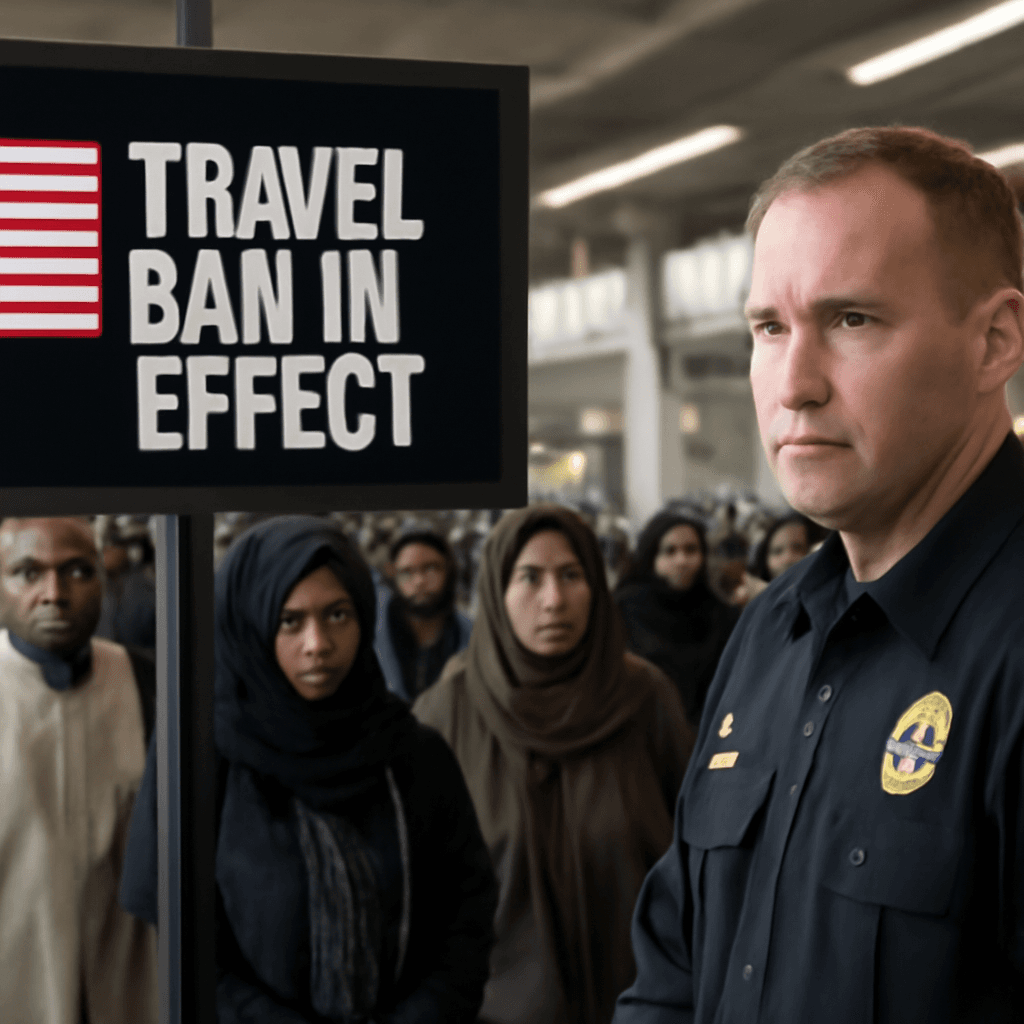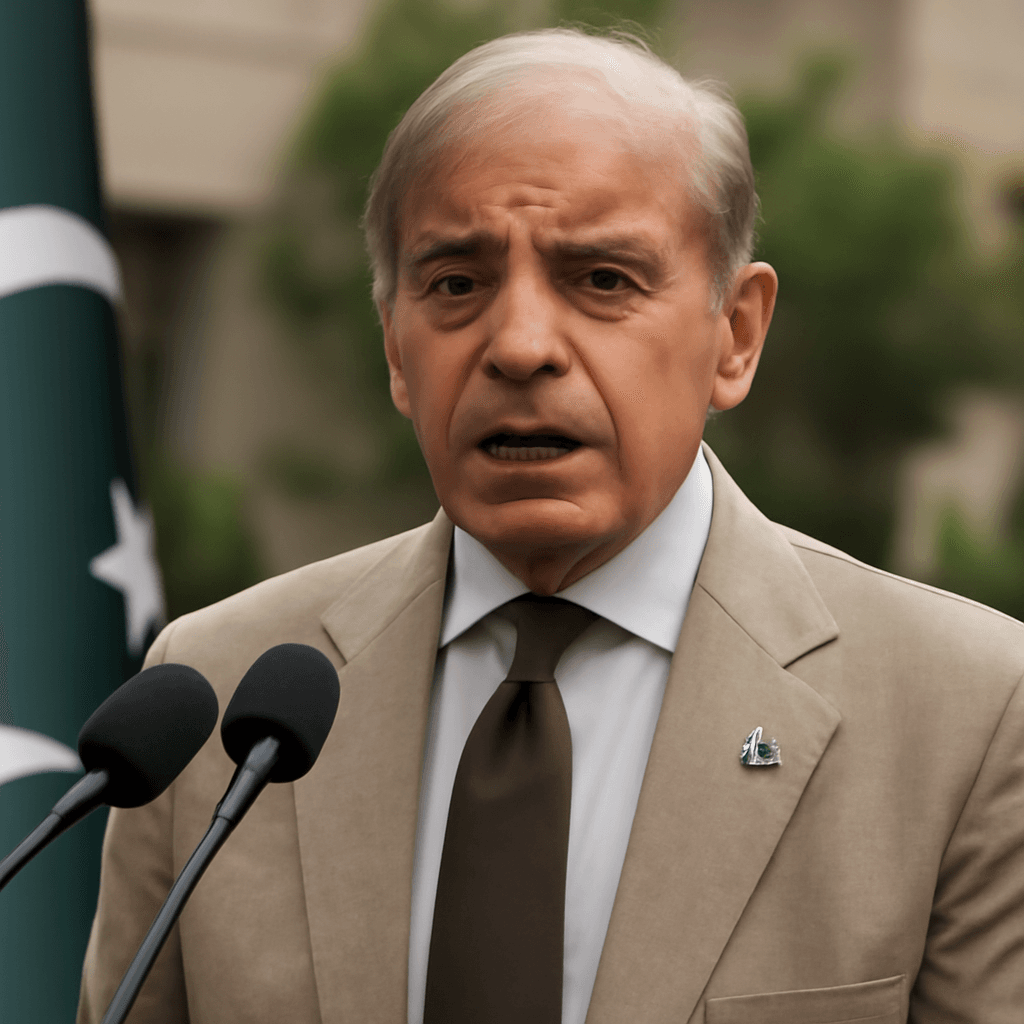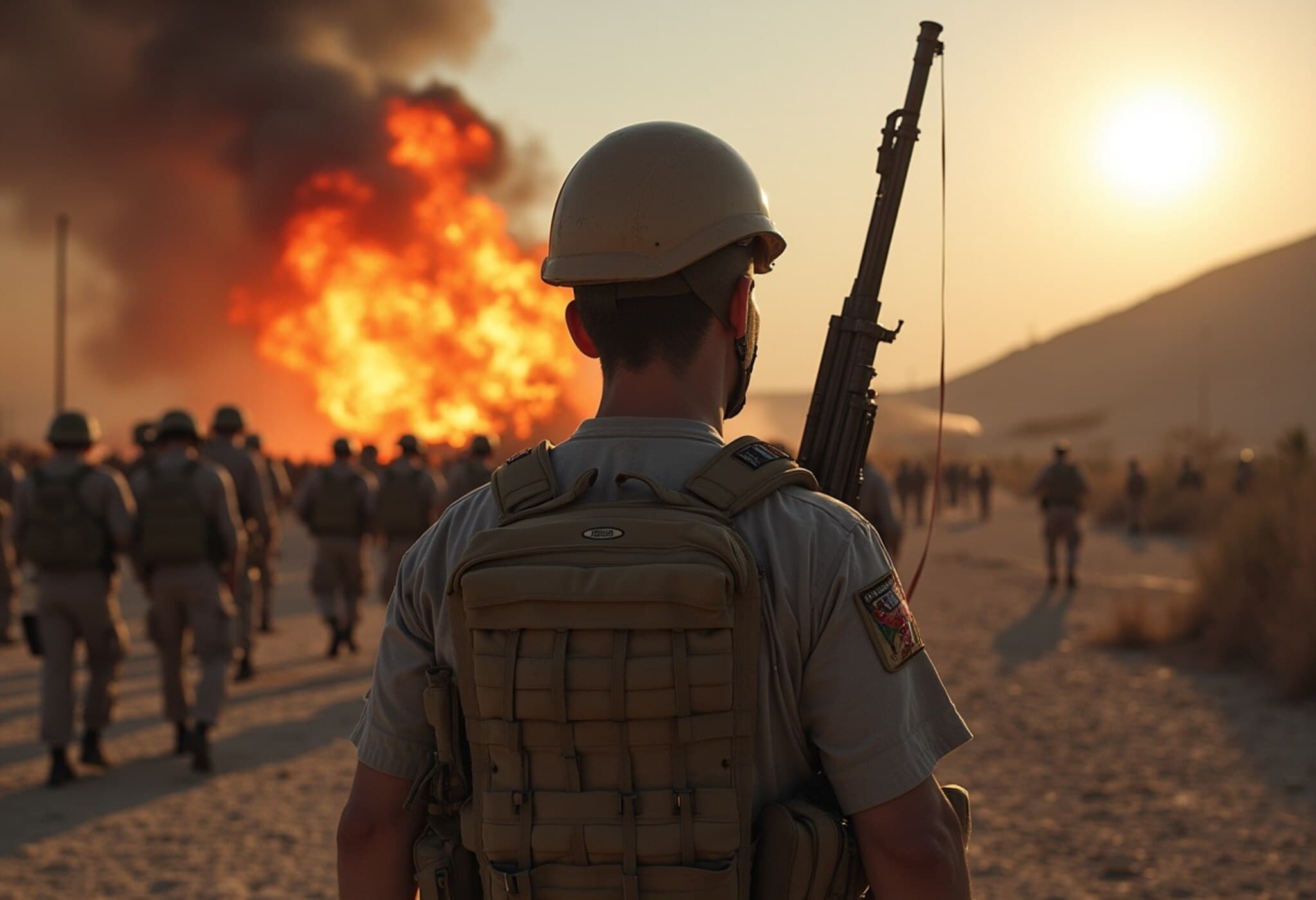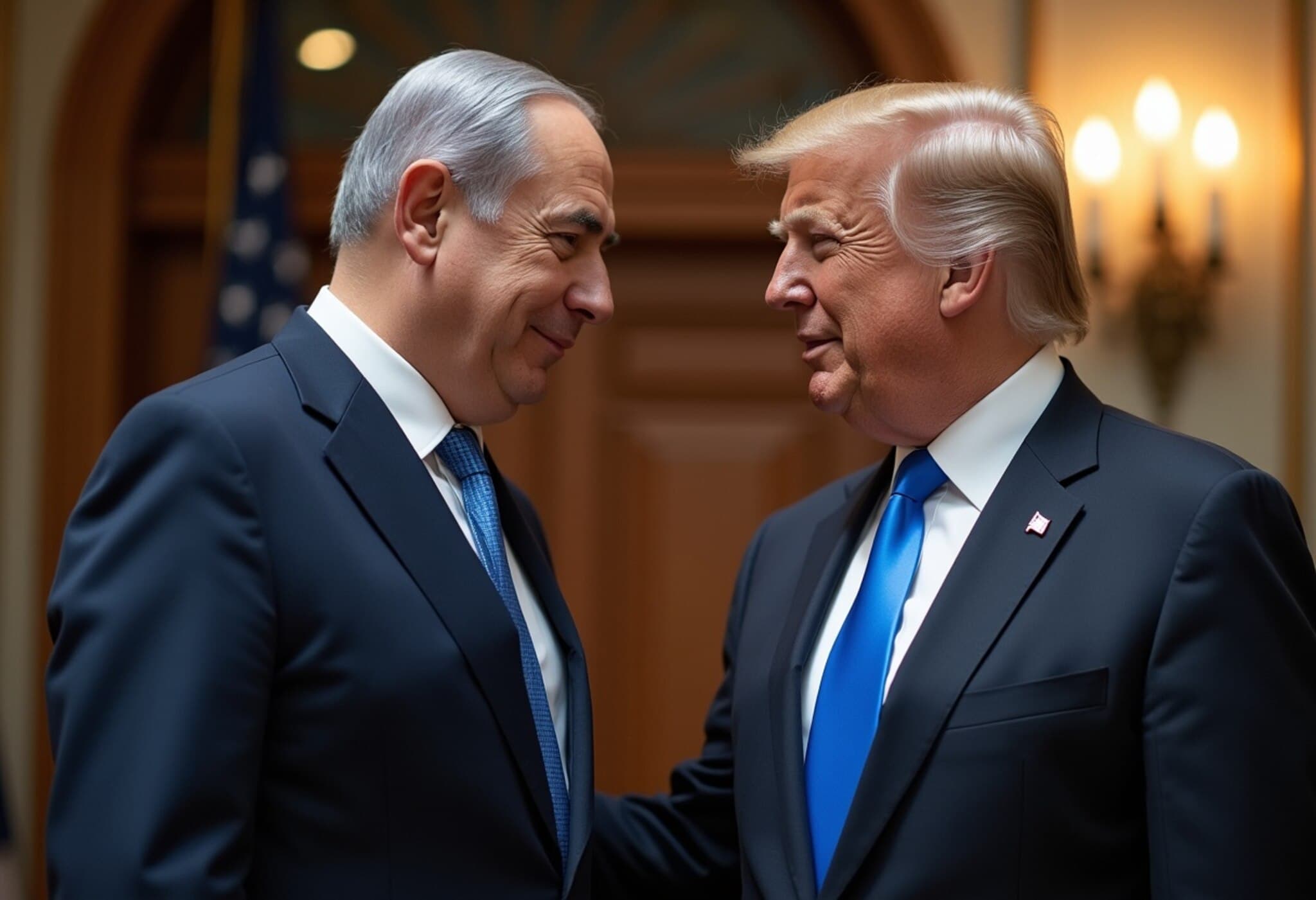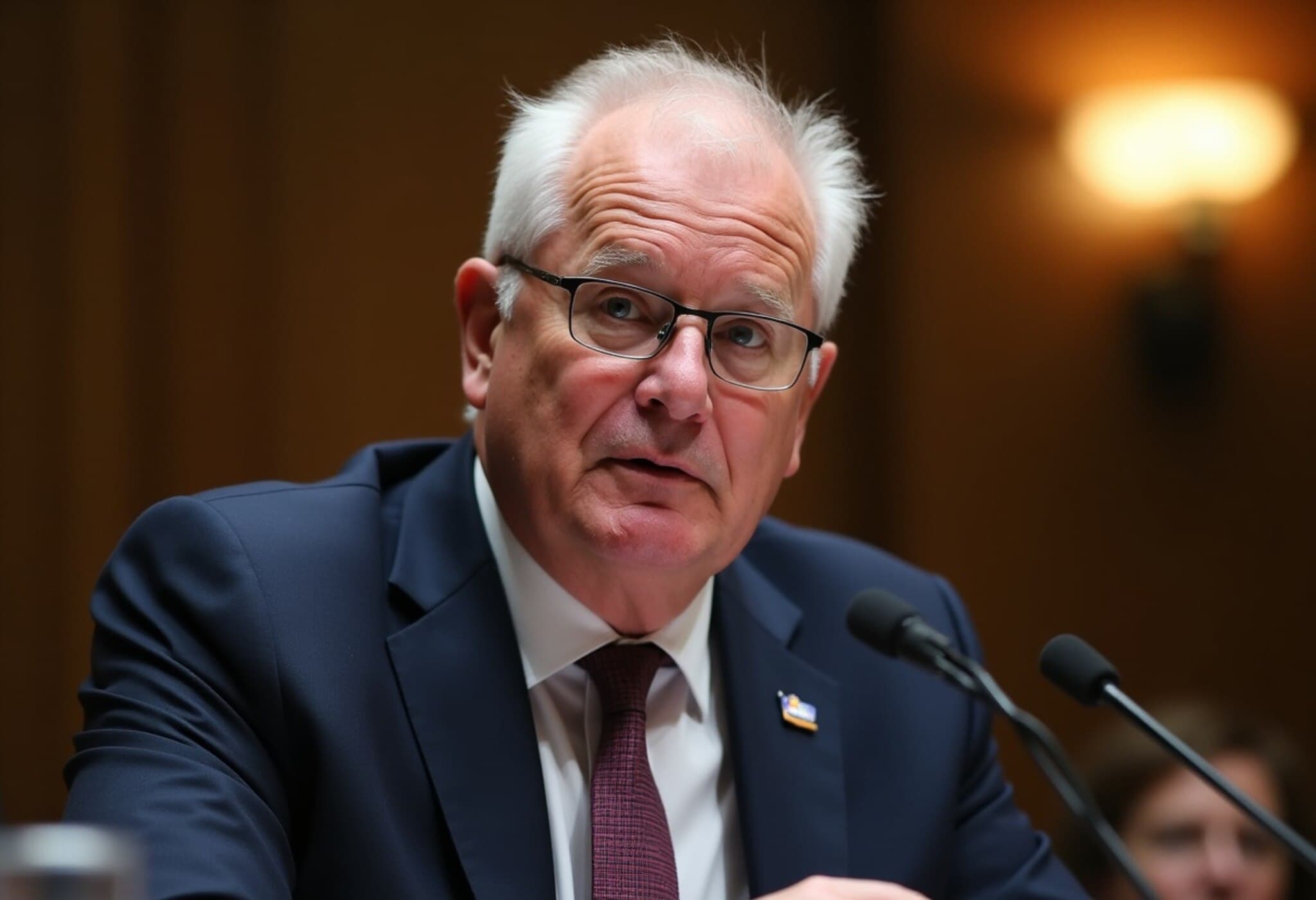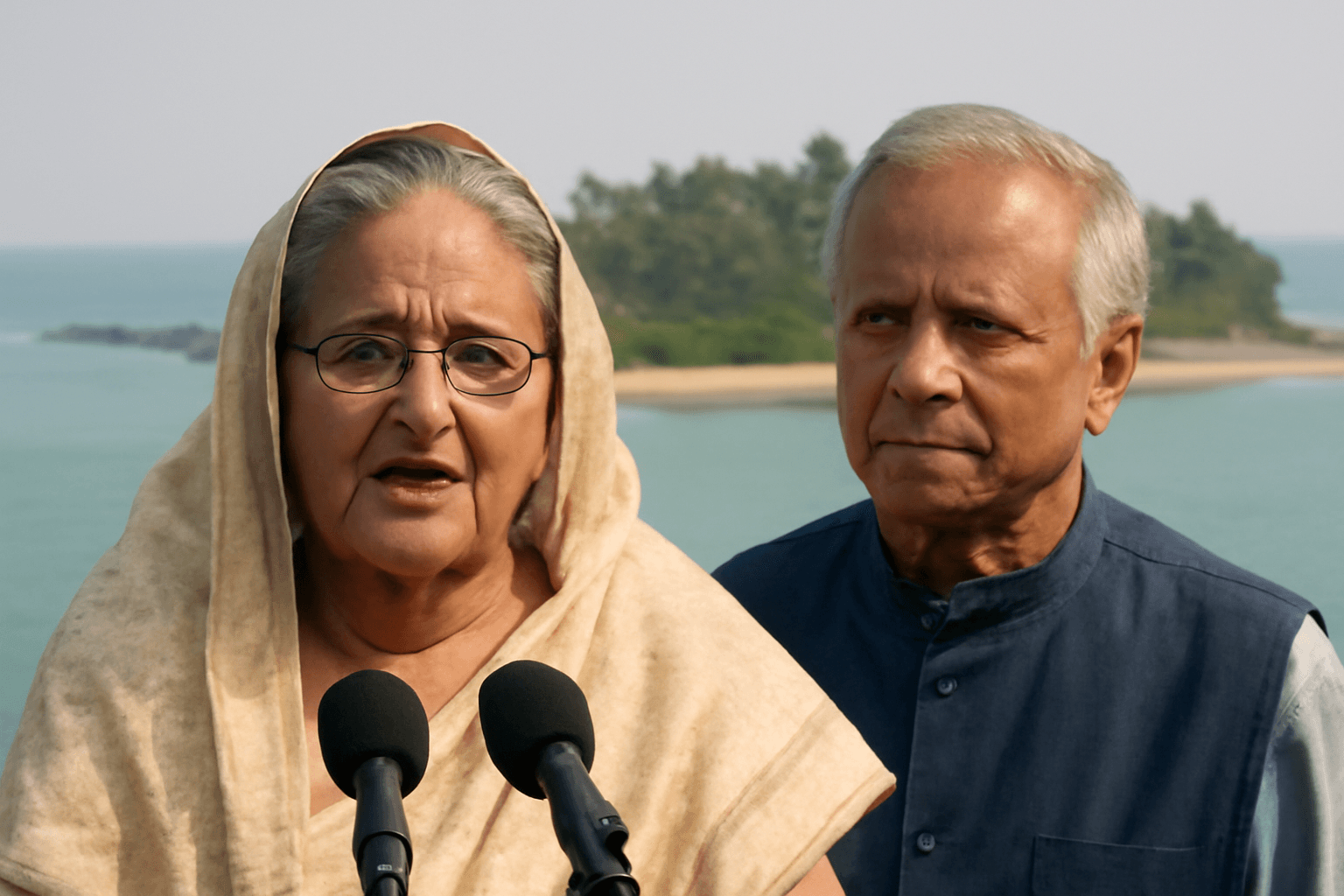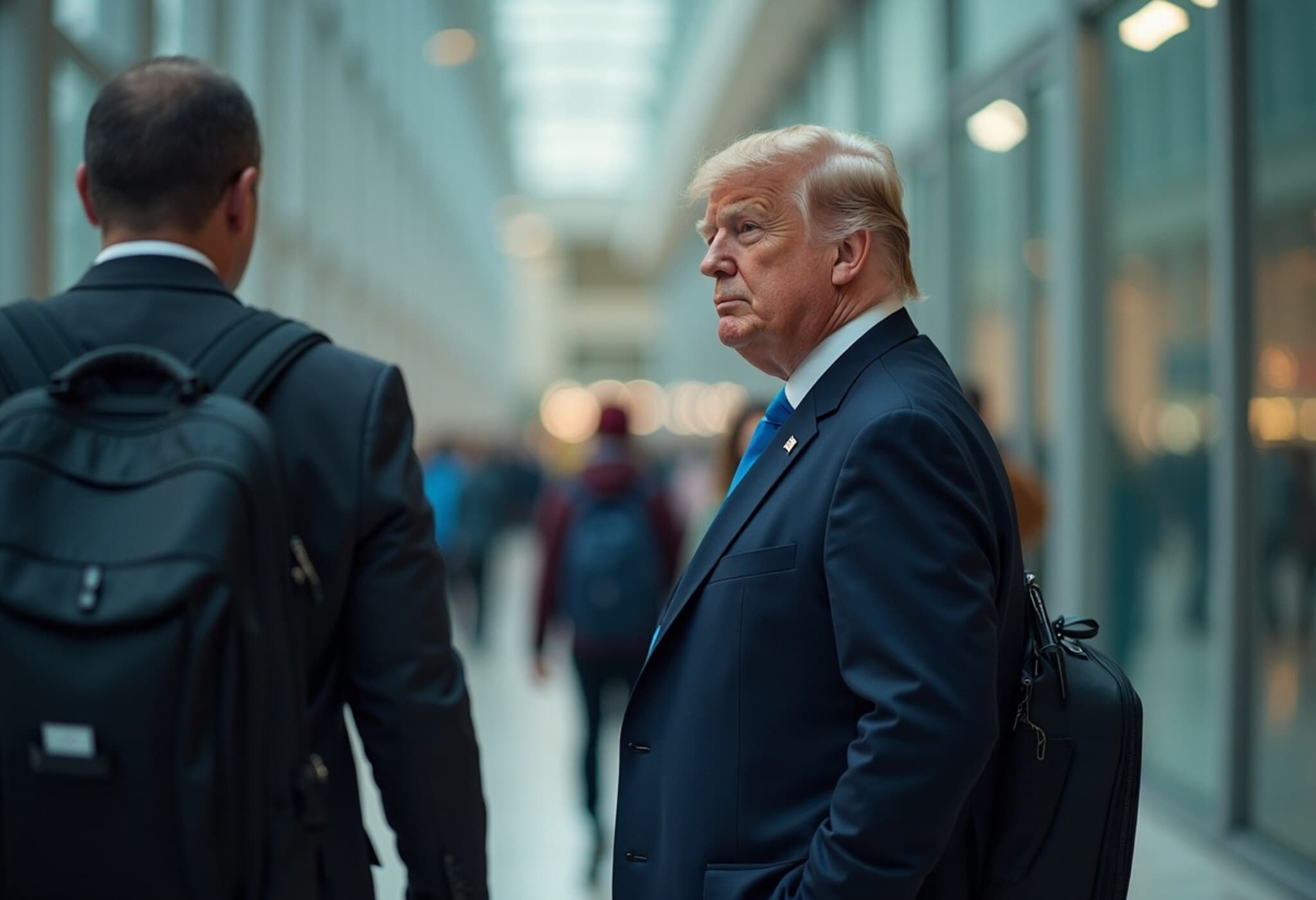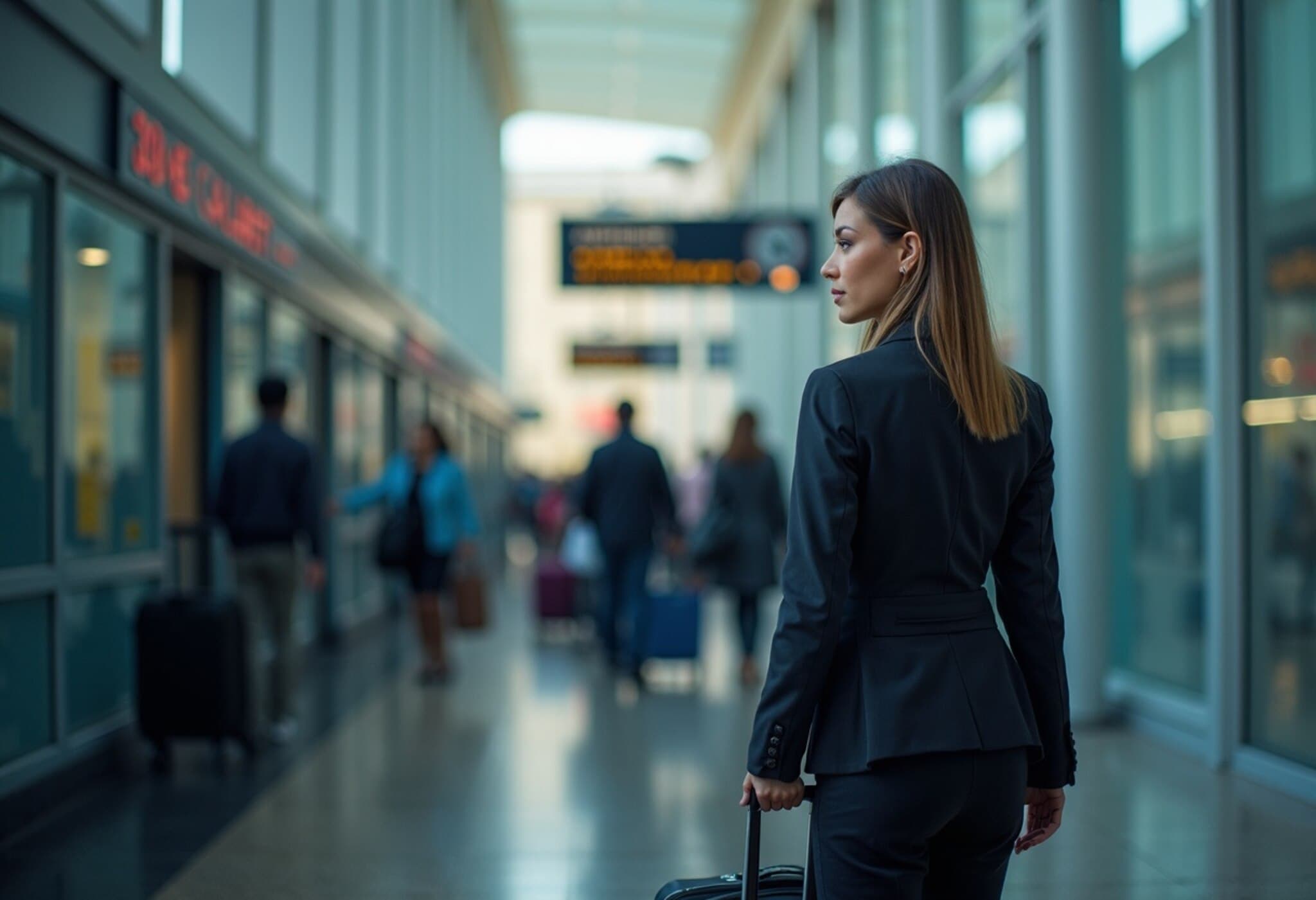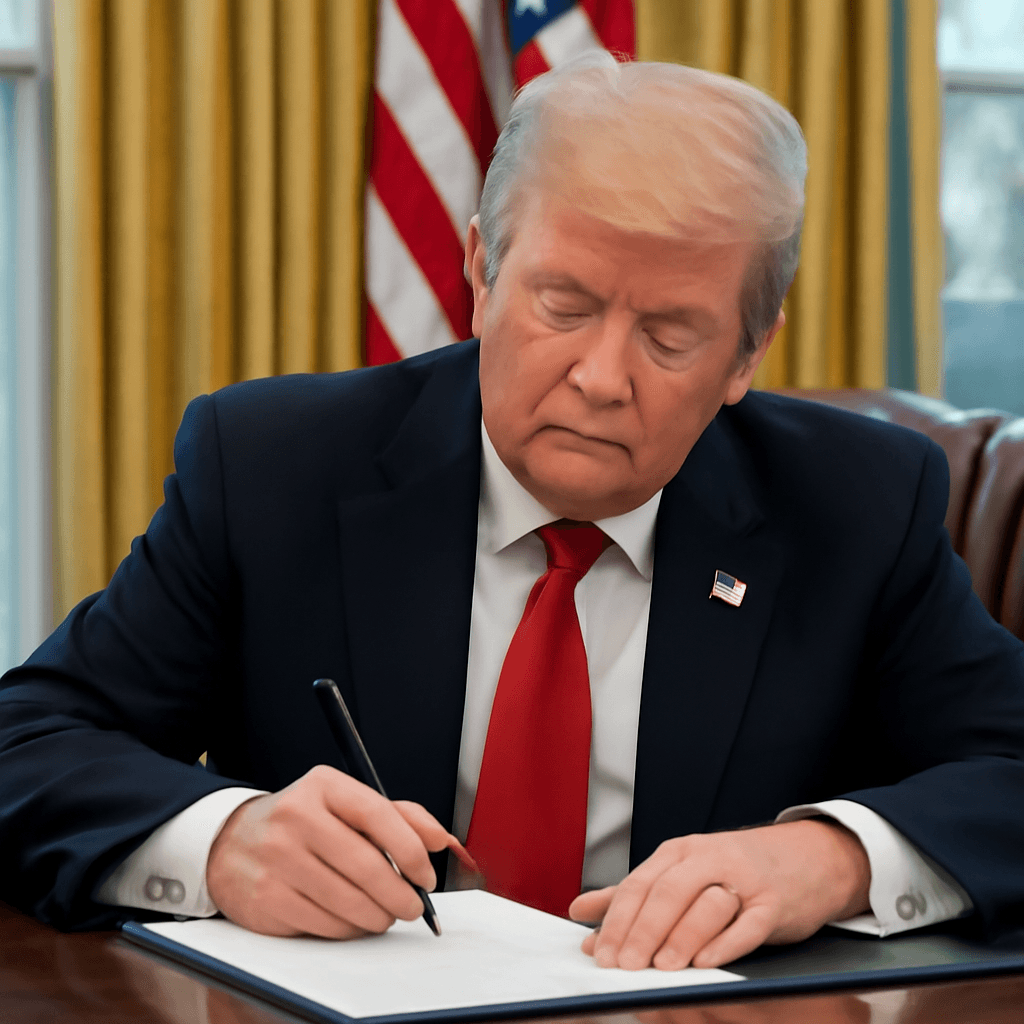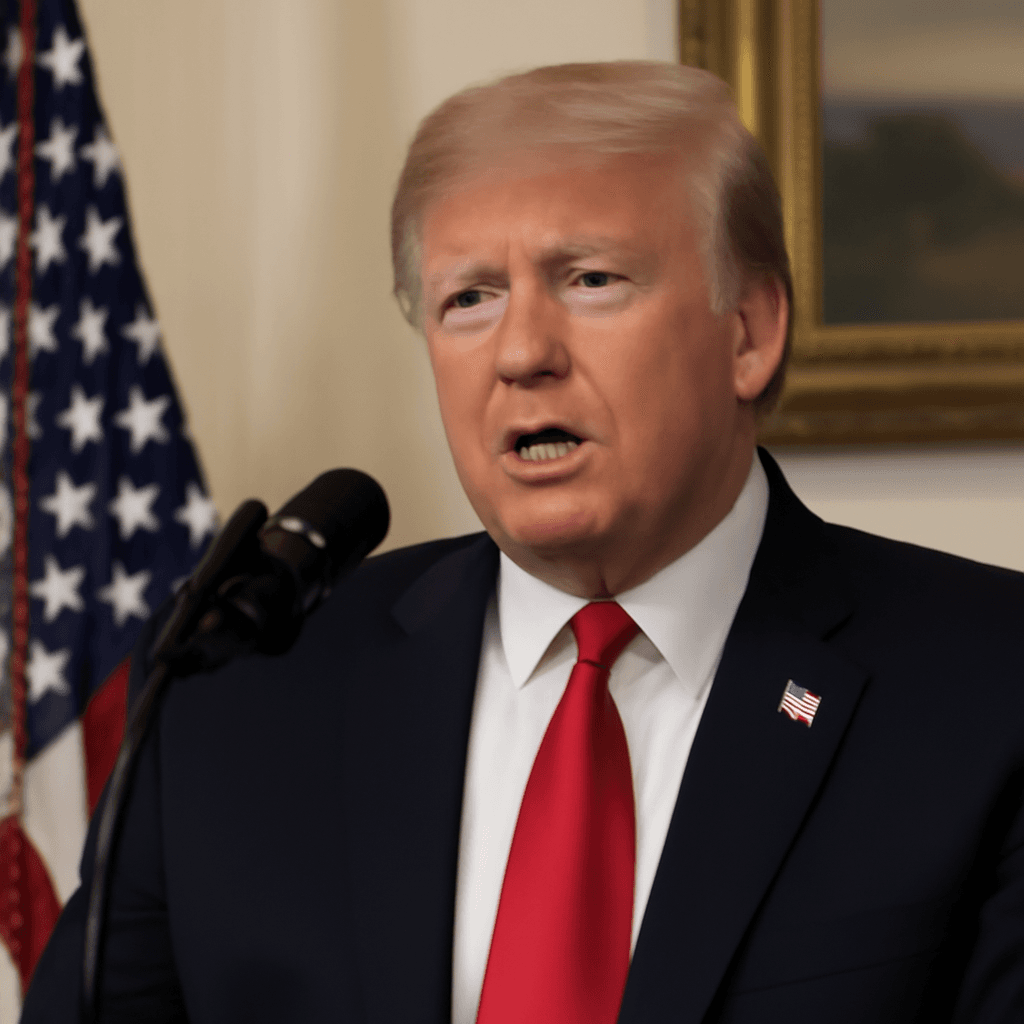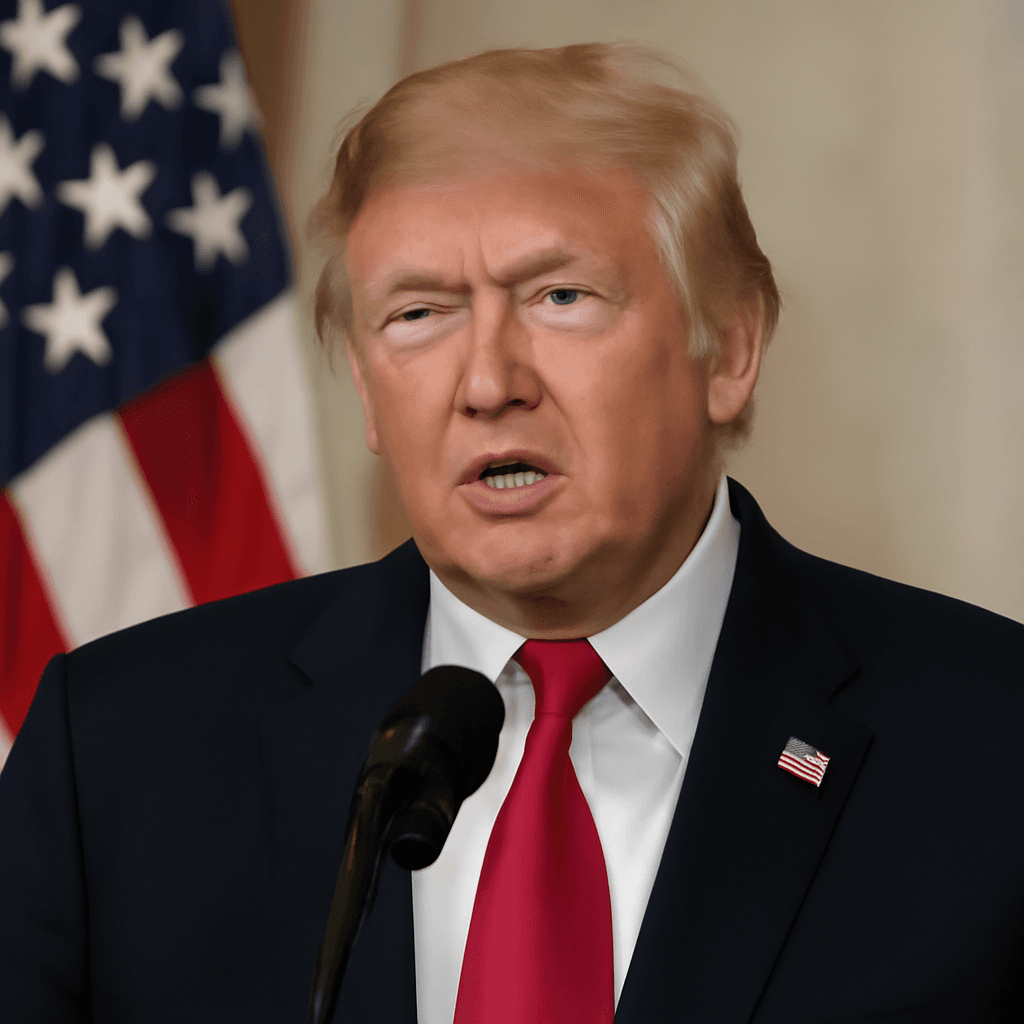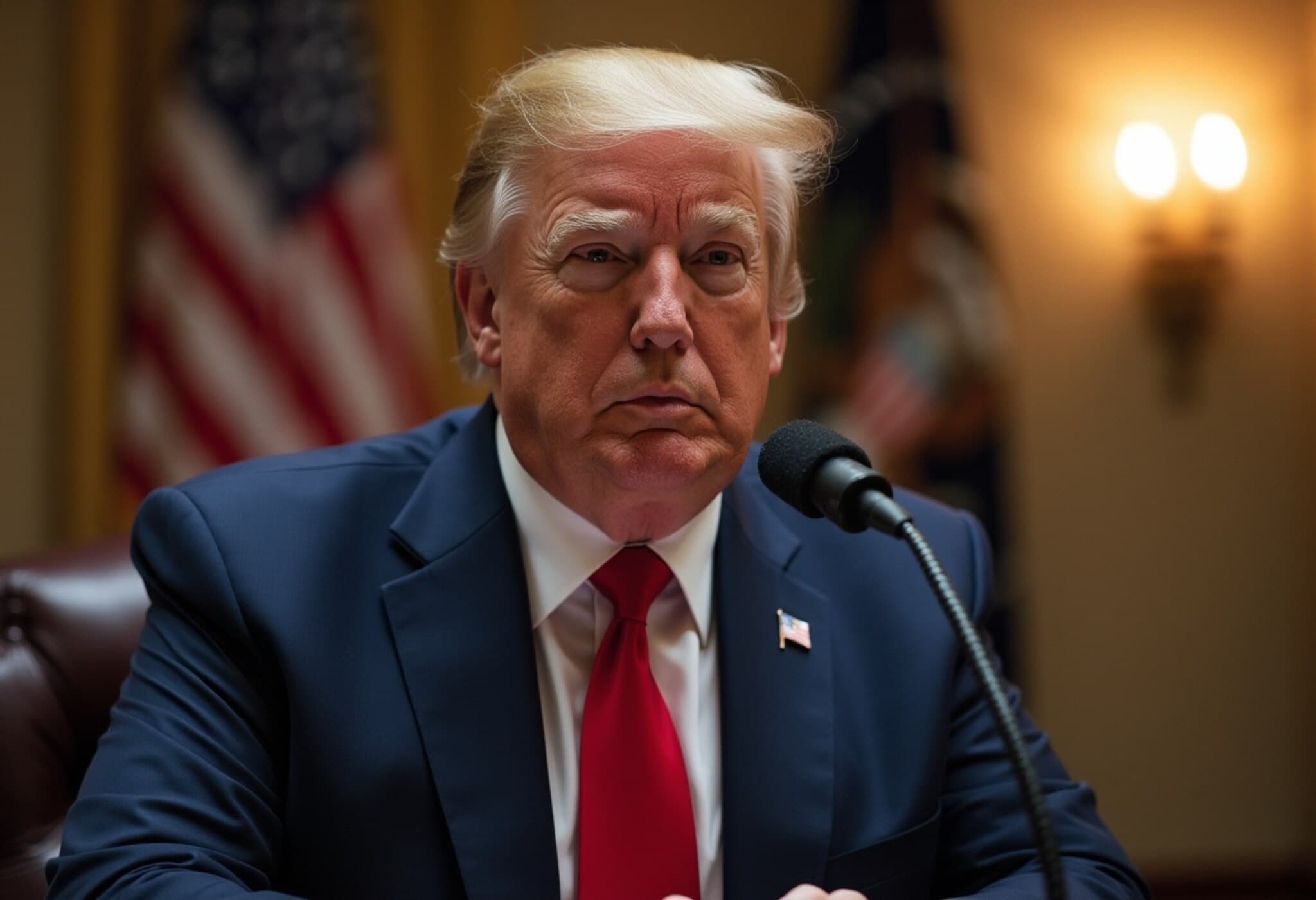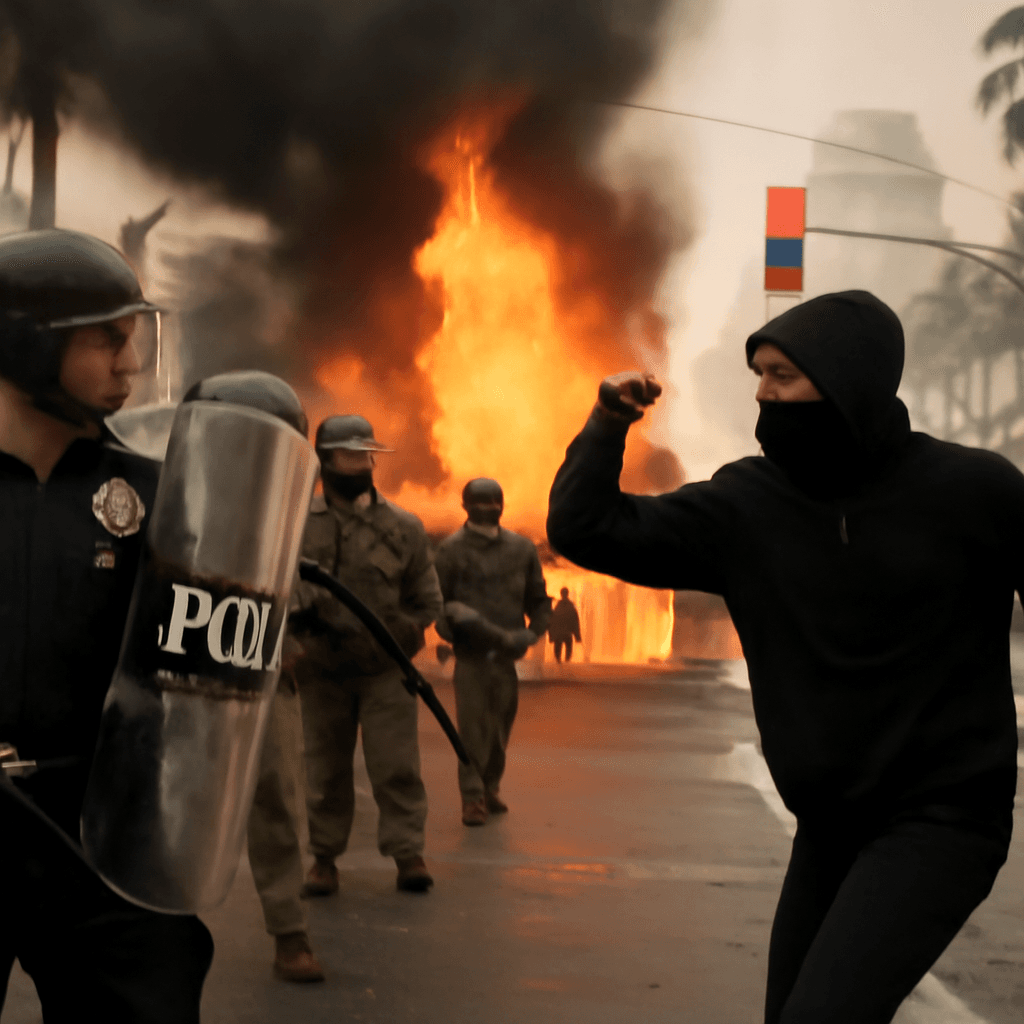Trump’s Travel Ban on 12 Nations Takes Effect Today
Starting Monday, a new travel restriction ordered by former President Donald Trump comes into force, barring citizens from 12 countries—primarily in Africa and the Middle East—from entering the United States. This move aims to strengthen national security by tightening immigration controls, while allowing exemptions for select groups such as certain athletes and diplomats.
Which Countries Are Affected?
The executive order, signed last Wednesday, specifically restricts travel from Afghanistan, Myanmar, Chad, Congo-Brazzaville, Equatorial Guinea, Eritrea, Haiti, Iran, Libya, Somalia, Sudan, and Yemen. Additionally, nationals from seven other countries—Burundi, Cuba, Laos, Sierra Leone, Togo, Turkmenistan, and Venezuela—face partial restrictions, with limited allowances for some temporary work visas.
Exemptions and Exceptions
Notably, the ban exempts athletes participating in major upcoming international events hosted by the United States, including the 2026 World Cup and the 2028 Los Angeles Olympics. Diplomats from the targeted nations will also retain their travel privileges, underscoring a selective approach focused on security concerns without blocking all diplomatic interactions.
Context Behind the Ban
This updated travel ban arrives shortly after a violent fire attack on Jewish protesters in Boulder, Colorado. In response, the administration has reiterated its commitment to preventing entry of individuals deemed security risks. The suspect in the Boulder incident was identified as Mohamed Sabry Soliman, an Egyptian national who allegedly overstayed his visa and sought asylum.
Rationale for Country Selection
The ban targets countries assessed to pose heightened national security risks. Afghanistan, Libya, Sudan, Somalia, and Yemen are cited for lacking robust governmental systems to verify travel documents effectively. Iran’s inclusion is tied to its designation as a “state sponsor of terrorism,” while other nations were selected due to concerns over visa overstays and security vetting failures.
Balancing Security and Human Dignity
While the ban focuses on enhanced protections, United Nations representatives emphasize that border controls should uphold human dignity and respect. The implementation leaves room for individual countries and international organizations to navigate the delicate balance between security and humanitarian principles.
What’s Next?
As these restrictions roll out, travelers and officials alike will closely watch the ban’s impact on immigration flow and diplomatic relations. The administration’s firm stance reflects ongoing efforts to combat what it frames as foreign terrorist threats, while carving exceptions for cultural and diplomatic exchanges.
Stay tuned for more updates as the situation develops and enforcement begins.

